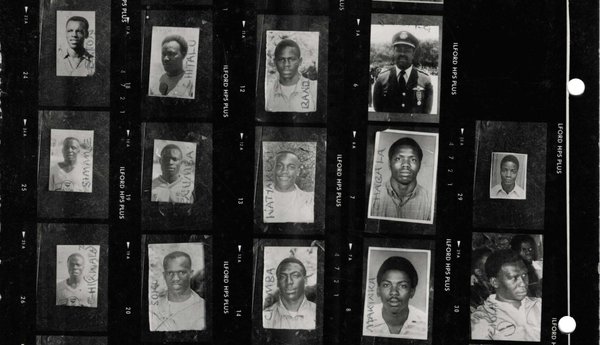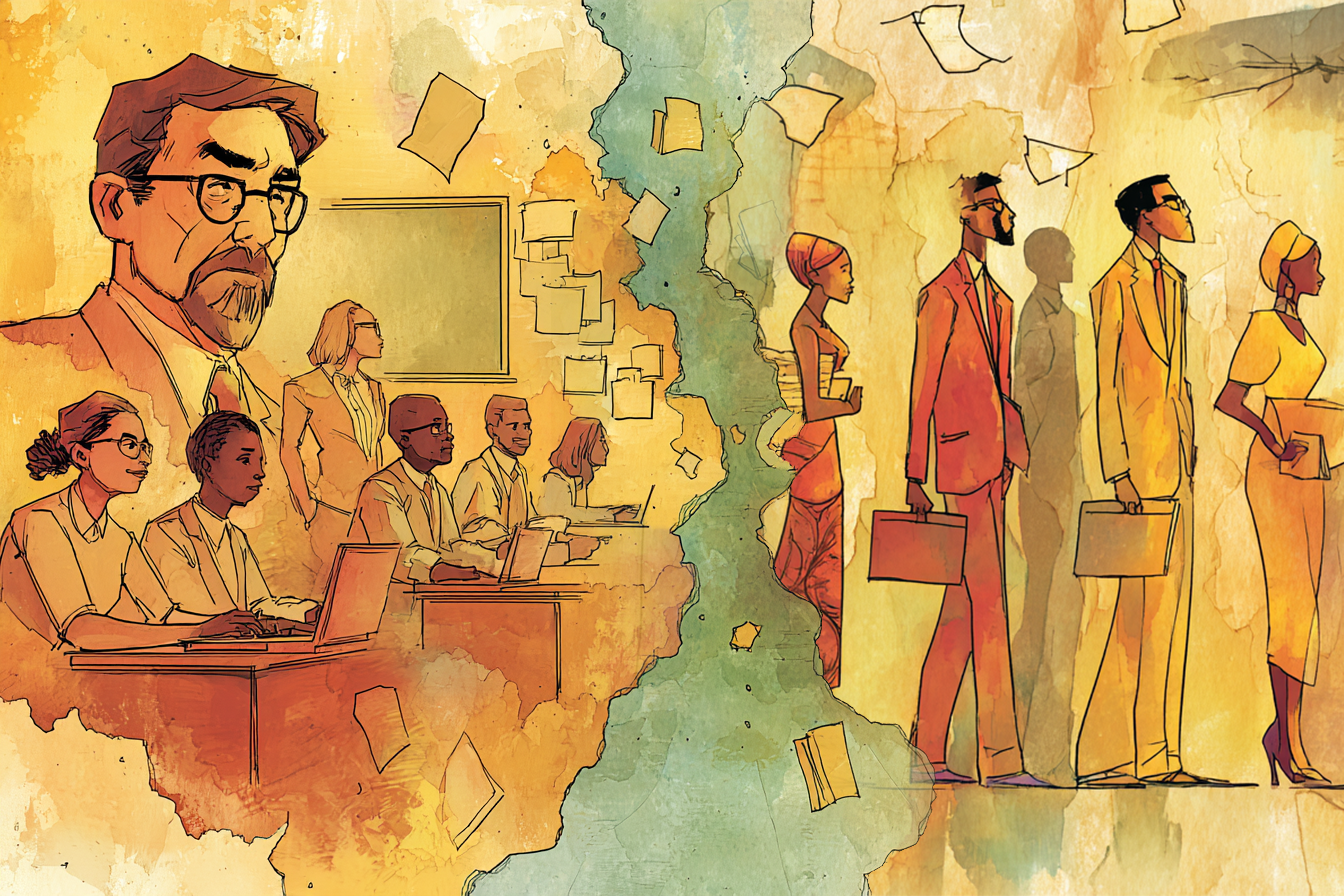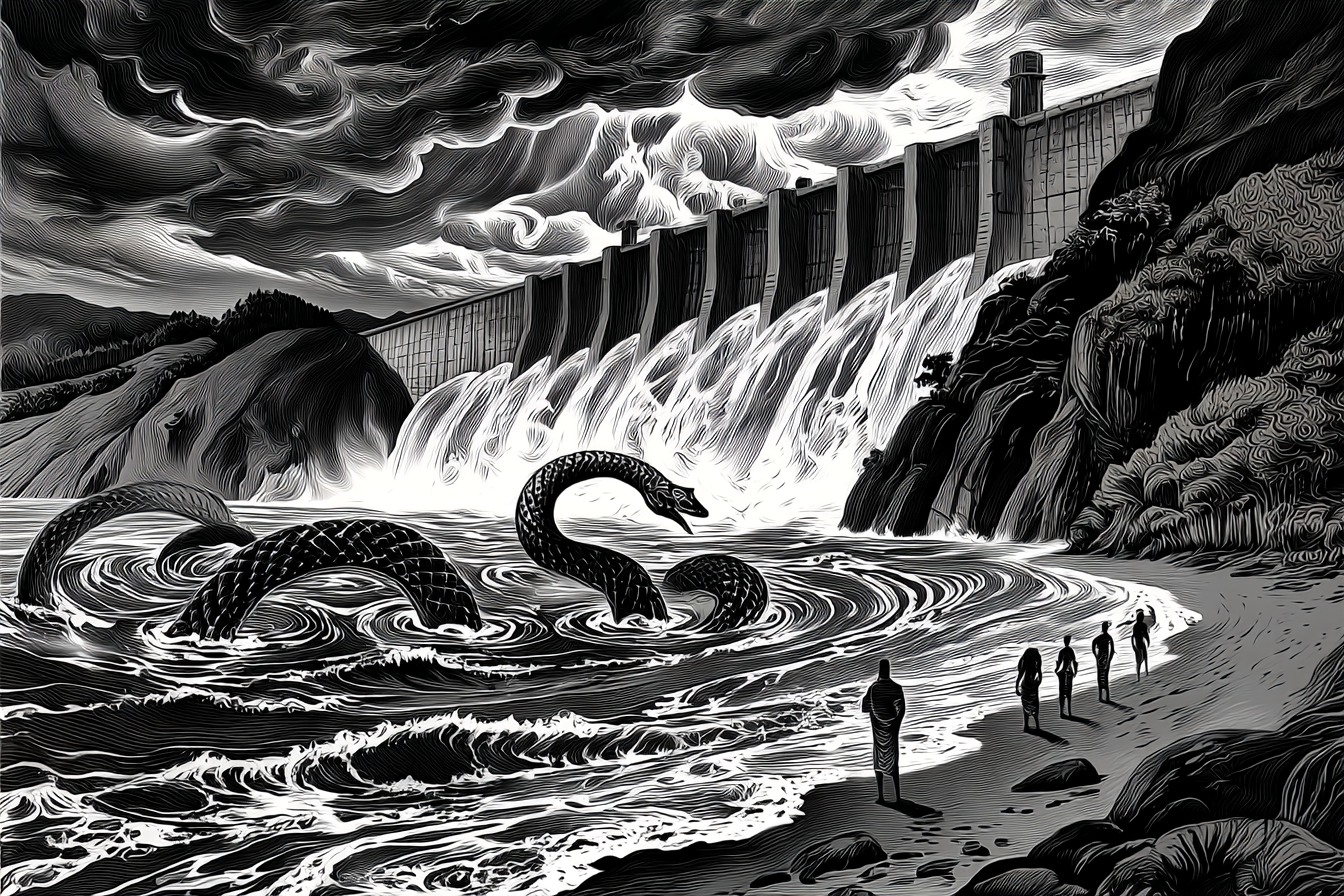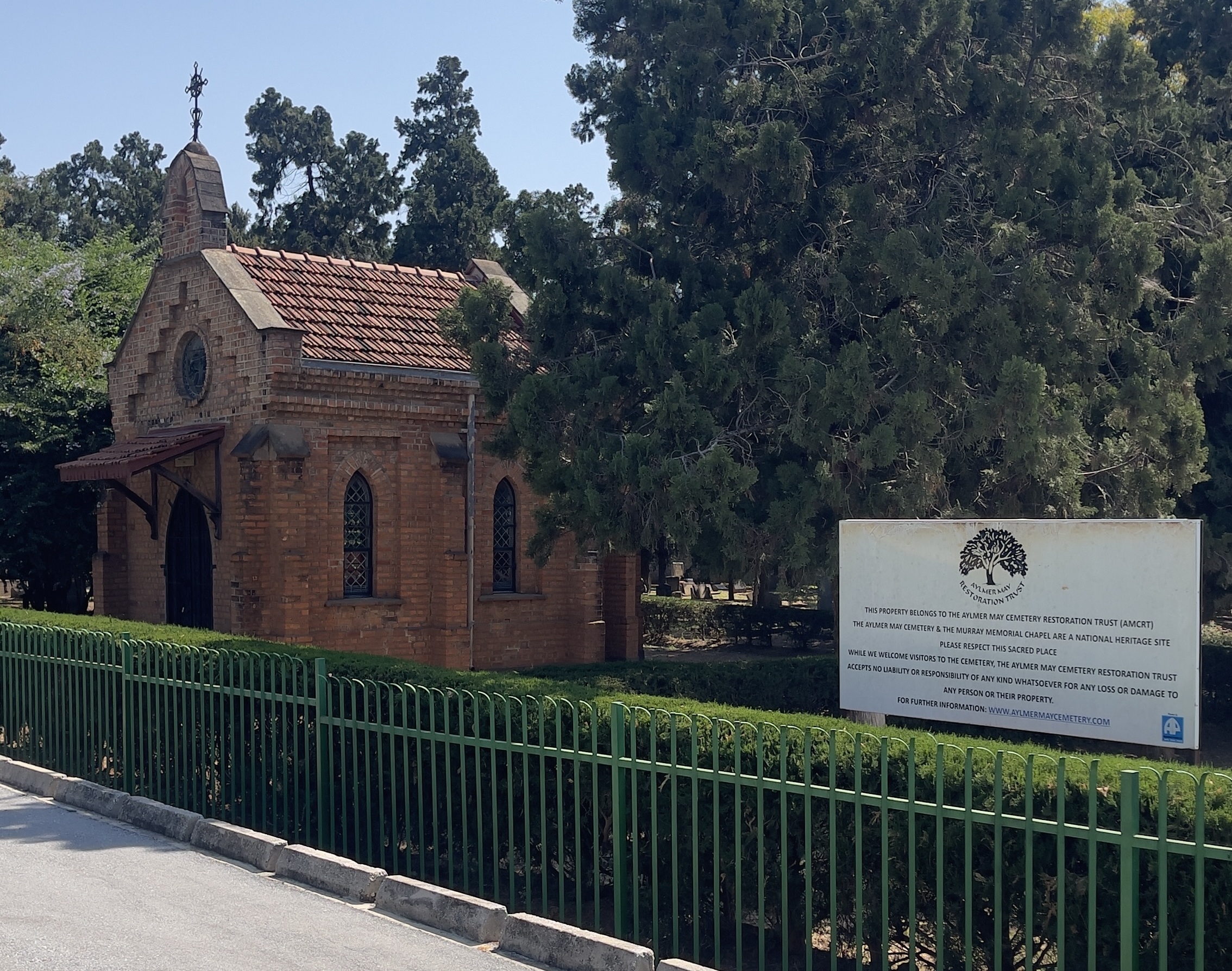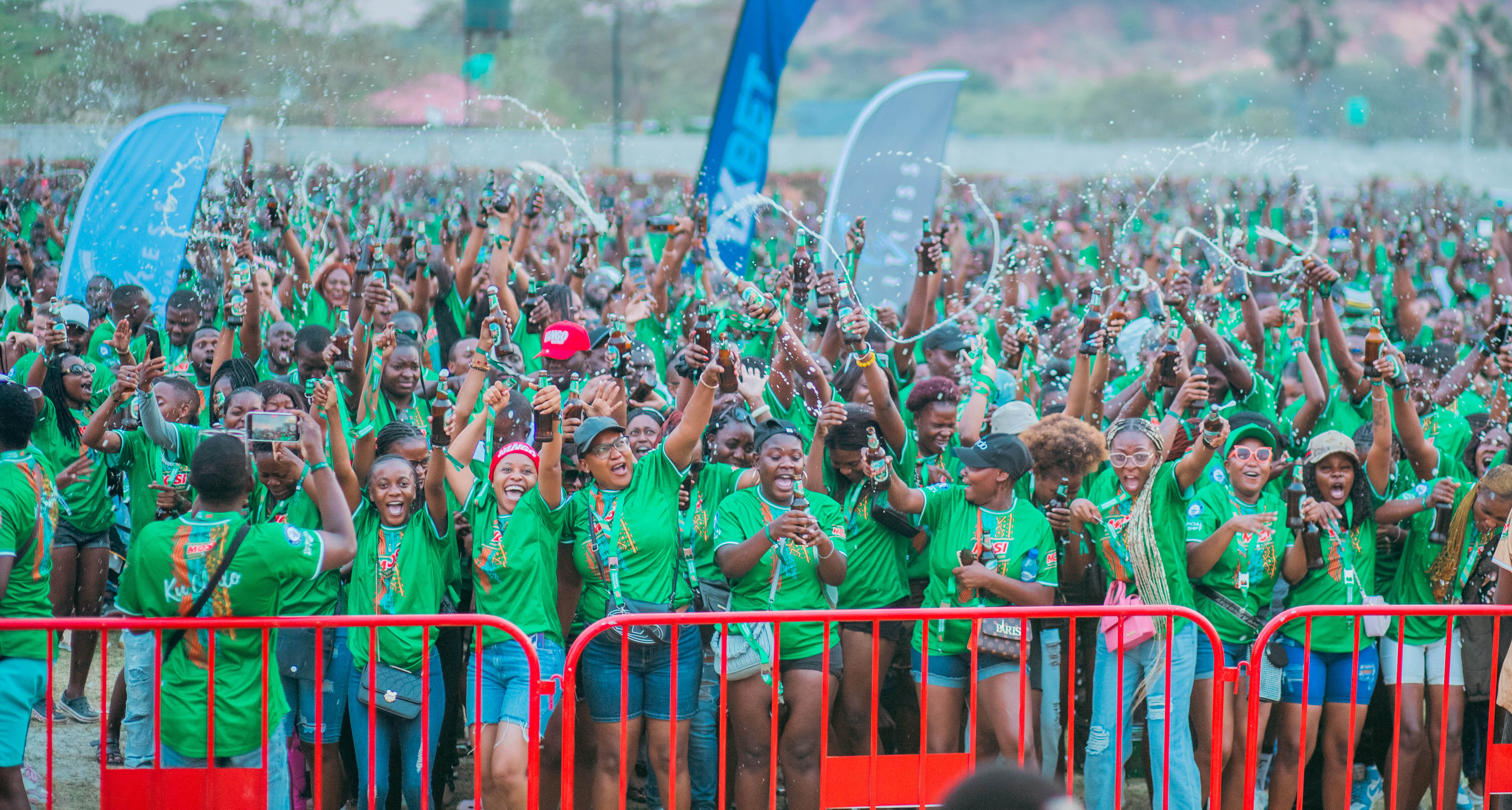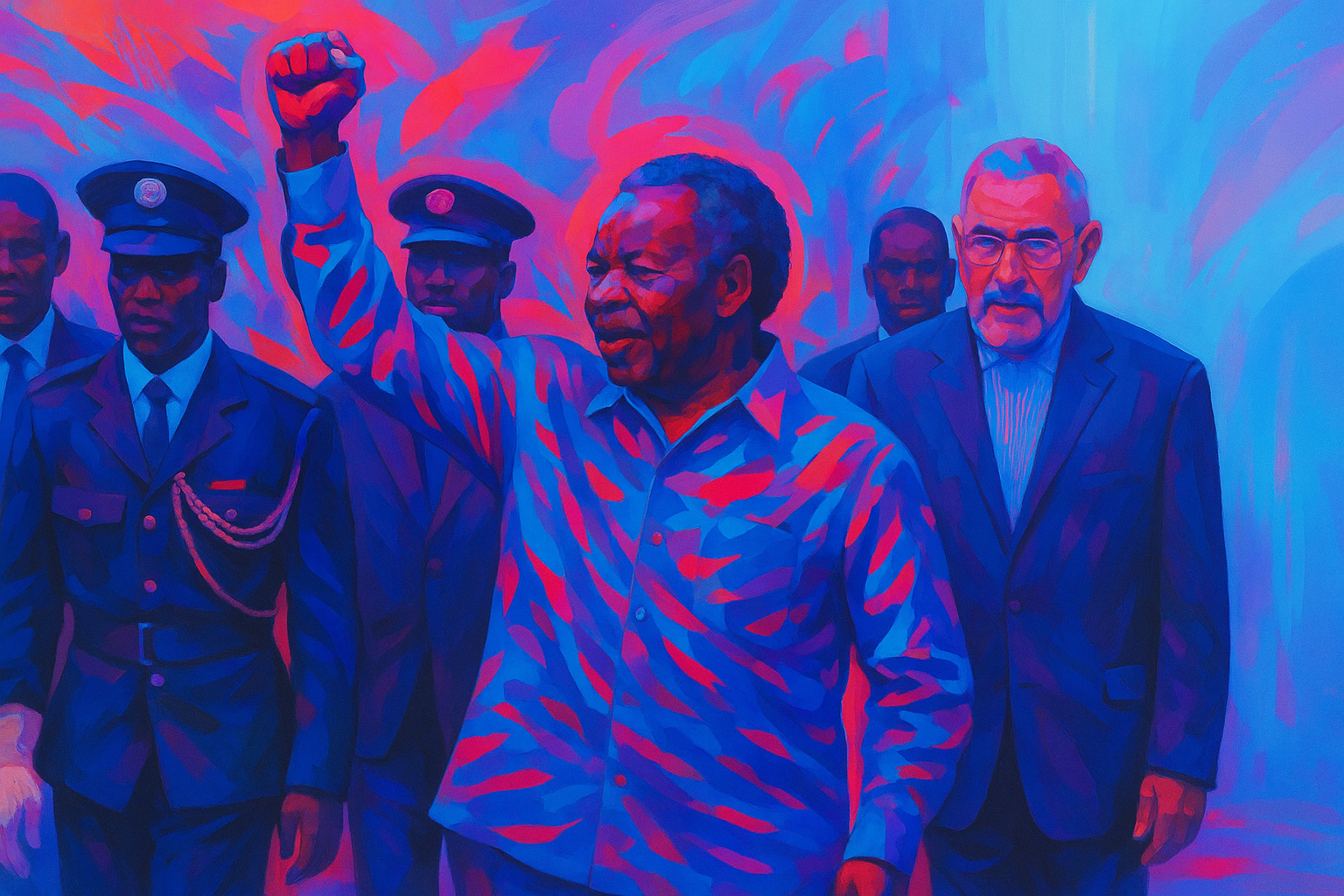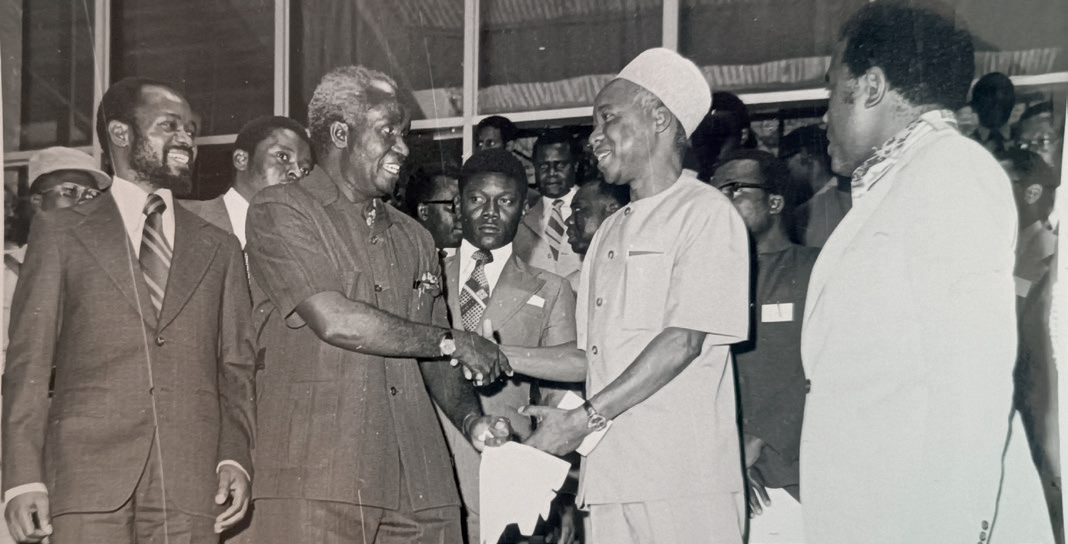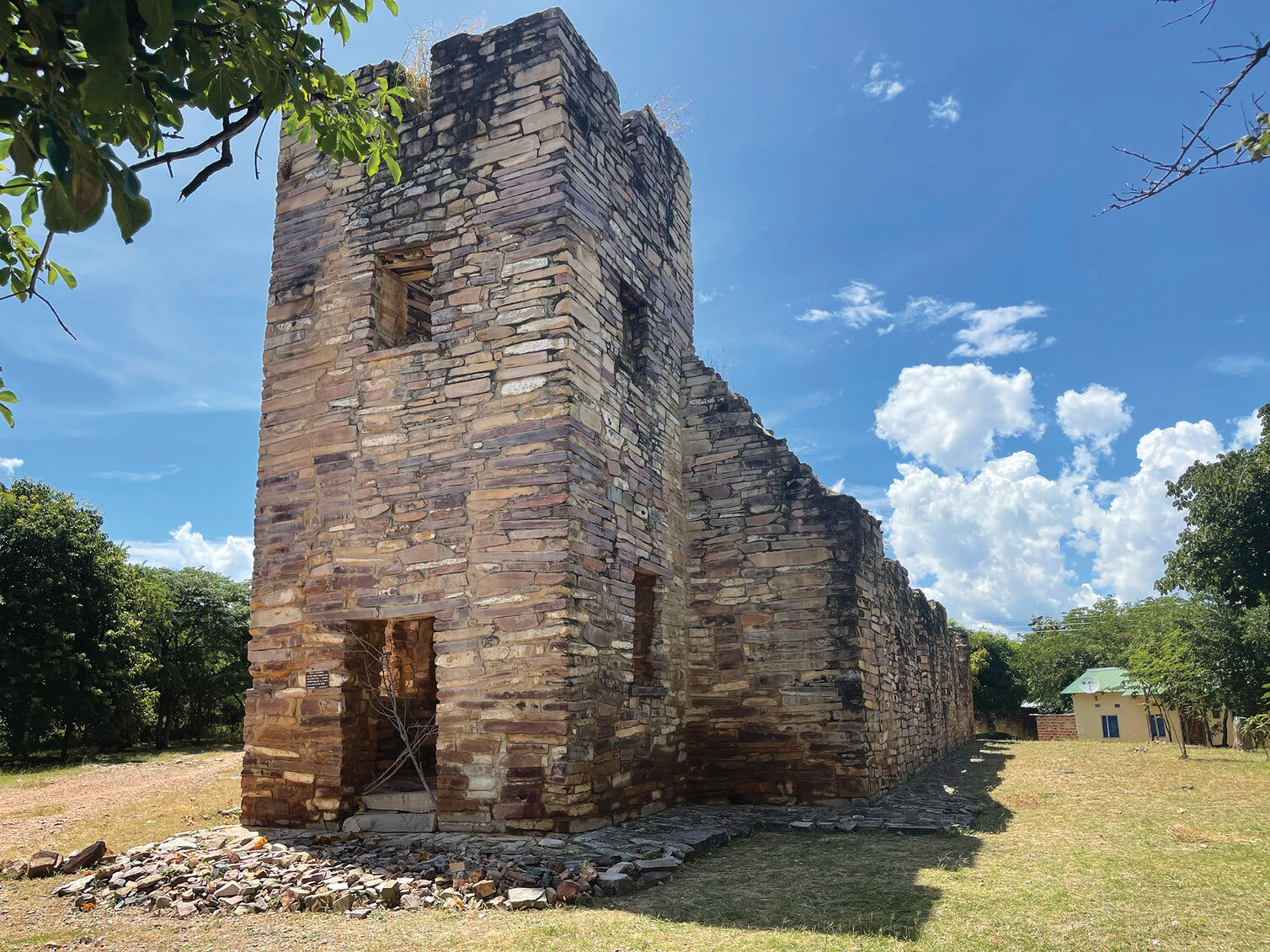Heroes' Day has evolved to remember later national tragedies, such as the 1993 football team plane crash, while reinforcing unity and patriotism. Through ceremonies, reflections, and cultural celebrations, Zambia pays homage to its past and inspires future generations to uphold the values of courage, freedom, and national pride.
Heroes' Day, observed on the first Monday of July, stands as Zambia’s tribute to those who sacrificed their lives during the struggle for independence from colonial rule. Achieved in 1964, Zambia’s liberation was not peacefully handed over but hard-won through the fight of figures like Zanco Mpundu Mutembo and countless unsung heroes.
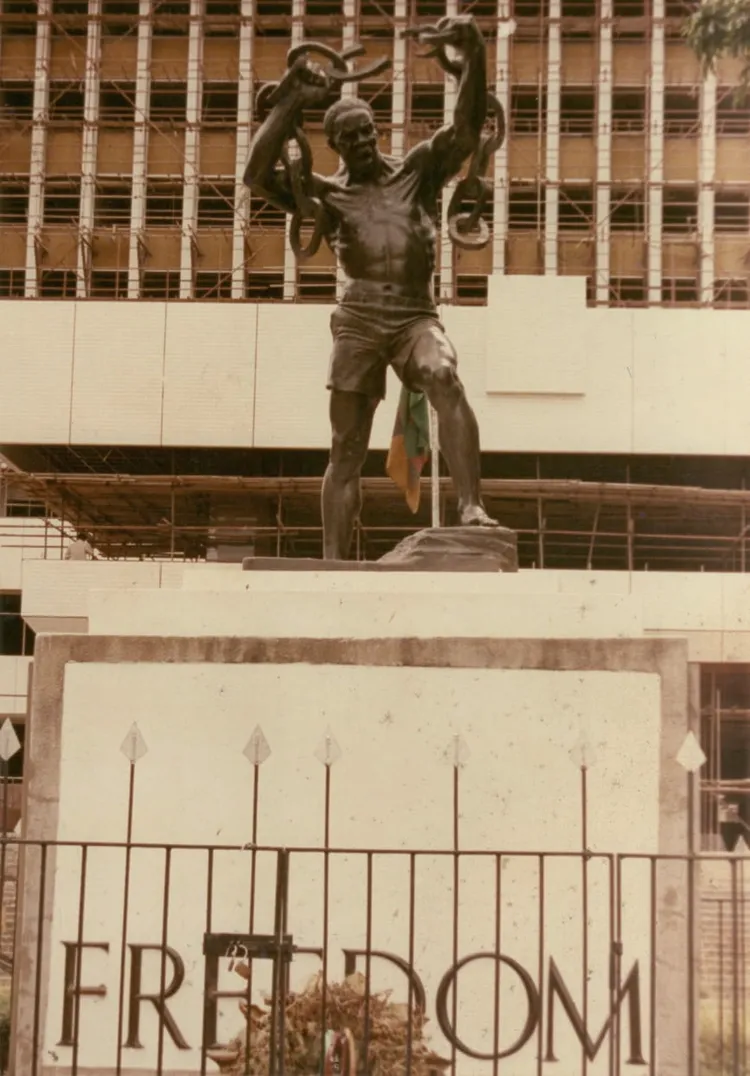
Over time, the day commemorates other national tragedies, such as the 1993 plane crash that claimed the lives of Zambia’s football team, now buried at Heroes' Acre. Heroes Day promotes national unity, ensuring that the heroism legacy for future generations.
Under British rule, Zambia’s road to independence was marked by oppression, particularly during the Central African Federation (1953–1963). Leaders like Kenneth Kaunda and Simon Kapwepwe spearheaded the resilience through the United National Independence Party (UNIP), organising strikes and protests that were met with violent suppression. Heroes' Day recognises not only these iconic figures but also the unnamed activists, farmers, and students whose collective resistance led to independence.
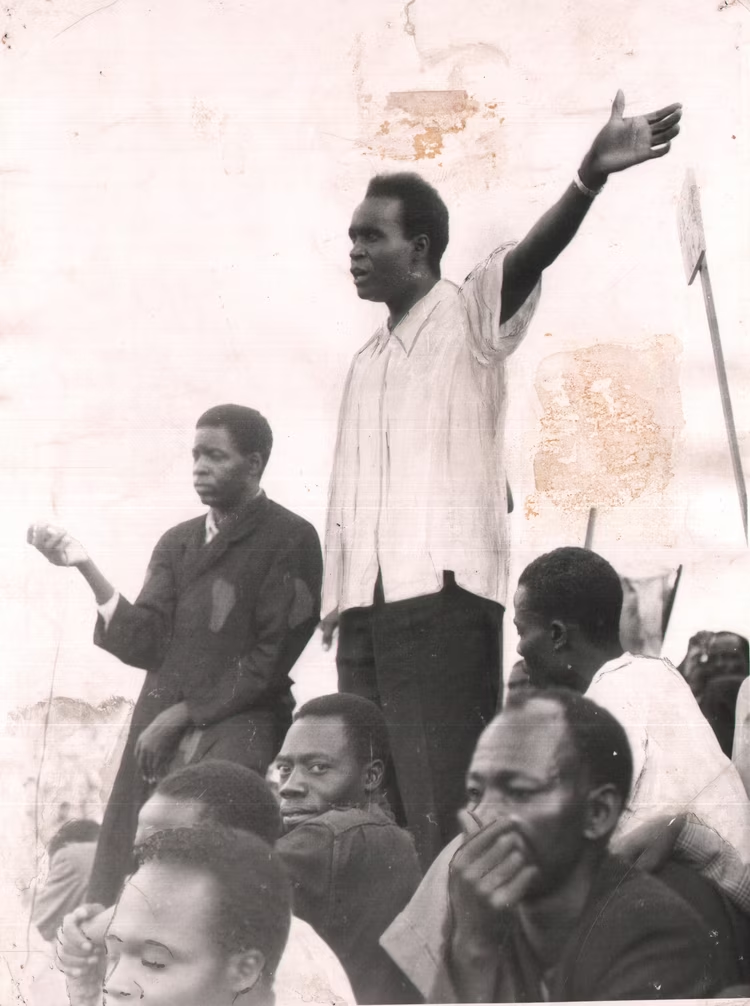
The Zambian Freedom Statue, unveiled in 1974, is the day’s most important symbol. Depicting Zanco Mpundu Mutembo mid-stride, his broken chains held aloft, it captures the moment colonial forces dared him to break free or face execution.
Heroes' Day is inseparable from Unity Day, observed on the following Tuesday. This pairing reflects Zambia’s founding mantra: ‘One Zambia, One Nation.’ Where Heroes' Day remembers those who broke colonial bonds, Unity Day actively bridges the nation’s 70+ ethnic groups through intertribal dialogues and celebrations of shared identity.
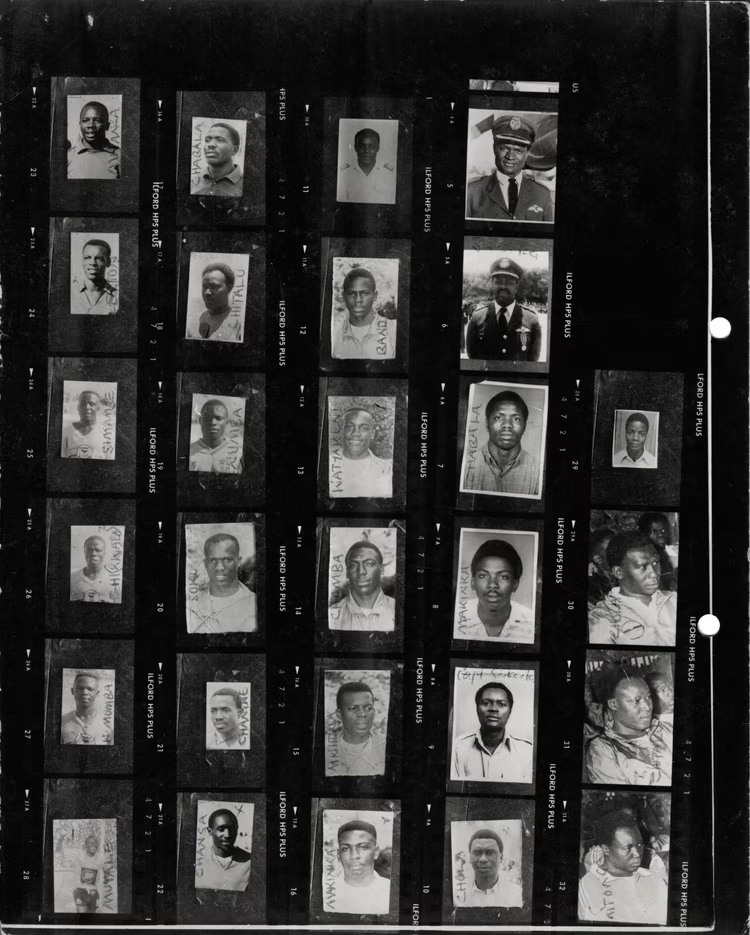
Heroes' Day often coincides with the Zambia International Trade Fair, linking national pride to economic aspiration. For Zambians, the day is both a mirror reflecting past sacrifices and a window into the heroism possible in every citizen.
